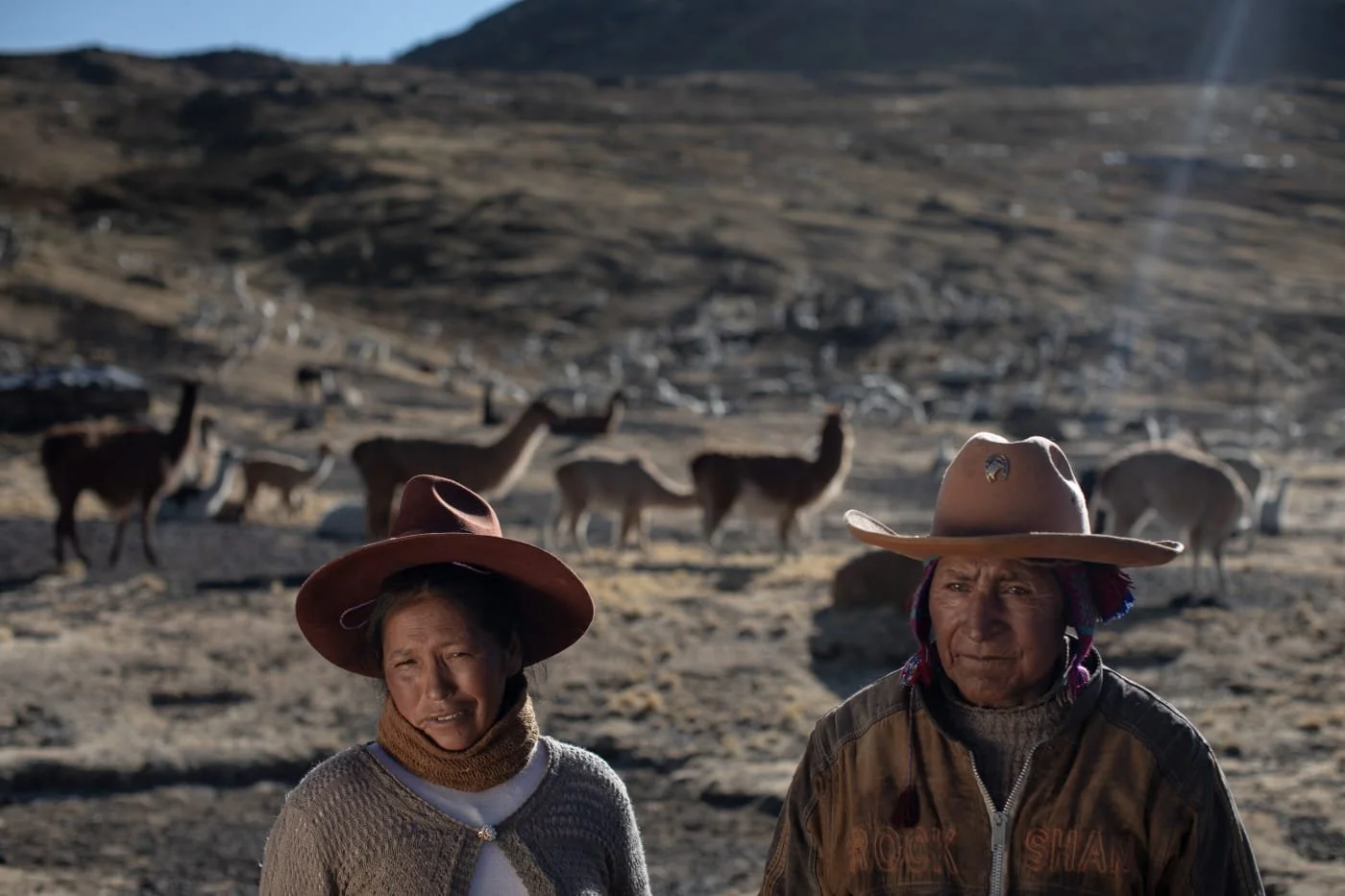Exhibition Review: Latin American Foto Festival
© Florence Goupil / National Geographic. Courtesy of the Bronx Documentary Center
Written by: Emika Suzuki
In a heedless egocentrism, we lament our own mishaps from the pandemic-stricken years, blind to the suffering of those who live under less fortunate circumstances. This modality of existence, undermines the intersubjectivity within shared human experiences. Occasionally, we need a reminder of the plight and resilience of others, a call to action and sympathy—out of the nine award-winning photographers featured in the Latin American Foto Festival 2021, three of them do precisely this, leading us to contemplate our place in the world, as well as the universality of the struggles of contemporaneity and therefore our responsibility to act.
© Andrea Hernández Briceño / Emergency Fund for Journalists by the National Geographic Society.
Courtesy of the Bronx Documentary Center
Andrea Hernández Briceño brings our attention to the strength and versatility of Venezuelans in the face of economic adversity. Under a backdrop of a crepuscular sky and lush foliage, a working horse is seen grooming itself. The Edenic aesthetic is deceptive in a sense—it is a product of financial hardship—people have to resort to subsistence and barter because they cannot afford groceries; however, its idyllic imagery also highlights this return to nature and antiquity, perhaps hinting at a glimpse of optimism amid the bleakness of the present situation. In another photo a boy is holding a bunch of quenettes, in front of greenery dotted with bright red flowers, reminiscent of a Bacchanalian feast. Briceño's photography brings out the dynamism of the community, delivering a eulogy to these people who aspire towards a better life regardless of their tribulations.
Cristóbal Olivares, Camilo. © Cristóbal Olivares. Courtesy of the Bronx Documentary Center
Contrasting the vibrant photography of Briceño are Cristóbal Olivares's black-and-white portraits of victims whose eyes were mutilated by the Chilean state forces in protests. The images are not merely freeze-frames of time and space, nor are they simply a quotation of reality—they are a reflection of the social structures and authority that are exposed by the photographer, a powerful statement—they are more rhetorical than they are indexical, not only pointing at referents but also connecting the subject with the object by eliciting semiotic work on part of the viewer, leading them to ponder the injustice depicted. The portraits are plain, but prompt us to conjure up the scenes of violence—which is more effective precisely because instead of directly showing these moments, the viewer is invited to unbridle their imagination, it is all the more perturbing because it is not visible. These photos, then, serve not only a presentational and representational function, but also a productive one—it is a protest against authoritarian violence, hoping to propagate the sentiment.
Pablo E. Piovano, Mapuches. Courtesy of the Bronx Documentary Center
Violence does not only come in physical forms, and Pablo E. Piovano demonstrates this through his documentation of indigenous communities in Argentina and Chile that have been battling to reclaim what is rightfully theirs—their territory, traditions, language and history. As a result of protesting against government encroachment on her territory, a Mapuche woman was jailed—she is photographed with an agonised countenance in traditional attire, looking down; a spokesperson for a community was jailed and tortured—pictured free tending to horses. Even after persecution, they continue with their way of life: a culture cannot be annihilated by violence, and perhaps here, the photographer is lauding them for their incredible resilience and strength of will, the price they would pay to defend themselves. We are asked not only to celebrate this, but also to reflect on the injustice that is happening and to stand up against it; because by capturing the physiognomies of the oppressed, we are led to attach a human face to the struggle, to empathise, to get out of our default, modus operandi of indifference.
© Victoria Razo. Courtesy of the Bronx Documentary Center
The works shown at BDC seek to focus our attention away from ourselves, and towards others who we normally do not worry about. They do not only depict the ubiquitous oppression of the marginal and their strength, but trigger in us our basic instinct to empathise—something forgotten in a desensitised generation—and to be more aware of such cruel realities. They are at the same time illuminating and generative of action.
The Bronx Documentary Center's 4th Annual Latin American Foto Festival is on view until August 1, at various sites in the BDC's Melrose neighborhood.







